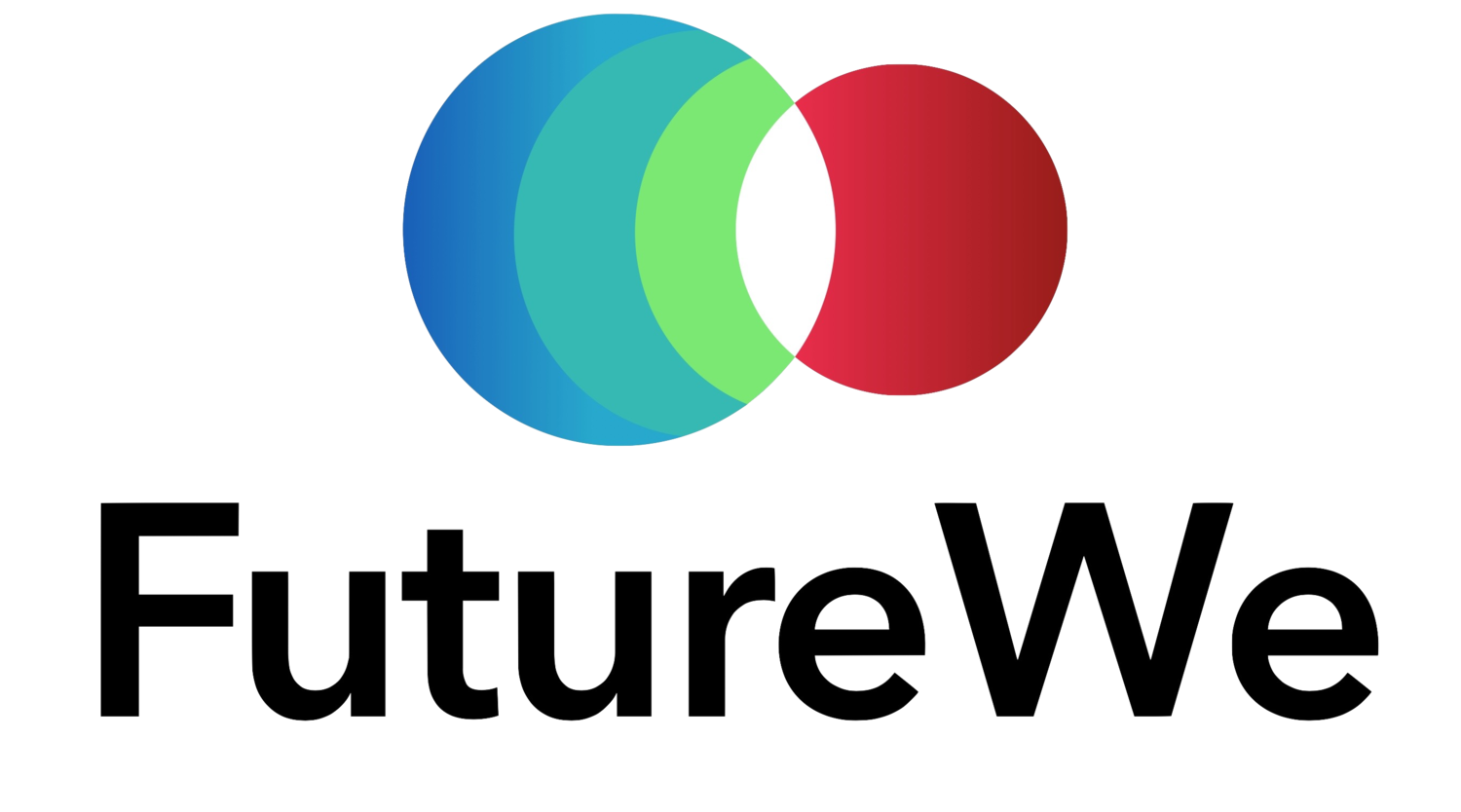Meta-category - Expansion: Technologies that exponentially expand human effort and activities. By Jona Nalder, with Rhys Cassidy
“I don’t think we will survive another 1000 years without escaping beyond our fragile planet.”
- Stephen Hawking
Expansion. Throughout our history, exploring for survival or new opportunities has been a constant theme. At the dawn of time, the Hawking’s of that era would perhaps have been warning about the need to move beyond Africa, or away from somewhere an ice age was beginning. During such migrations (1), it has often been the development of new technologies which have enabled such moves to succeed. For Vikings fighting the scarce resources of their arctic homes, the longship enabled commerce, trade and exploration. For sailors in the 1700’s, the sextant allowed ships to cross oceans with the certainty of success required before global travel could become commonplace, and today, millions of people cross borders and oceans held aloft by carbon fibre wings that are given lift by spinning turbo-fans. All of these are part of the story of technology impacting human efforts and abilities.
This lens of ‘the ways in which technology is impacting humanity, work and learning’ is the basis of the Future-U framework (2) developed to help us begin addressing the vast story of humans and technology into a discussion that can be most useful for us right now. ‘Expansion’, the third meta-category in this framework, follows on from both Automation and Augmentation. Rather than focusing on technologies that replace or assists human activities as they do however, it refers to the technologies that exponentially expand human possibilities.
Specific examples in our current time-frame include the internet (information everywhere) and the smartphone (access and share information everywhere). In our near-future timeframe, ‘Expansion’ covers the arrival of low-cost renewable energy, access to free high speed internet, ‘New Space’ activities like asteroid mining and autonomous Artificial Intelligence and Robots. Any one of these have the potential to bring exponential change on a scale similar to what electricity did for our grandparents.
Mining of Asteroids and the moon for example are now forecast to facilitate huge increases in building in space and expansion on Earth. Countries such as the US and Luxembourg are evolving policy and law to allow for mining in space, and several companies are racing to develop technologies to identify, mine, utilise and transport the vast quantities of resources found in asteroids (3). This includes Moon Express, the first private company to receive a government licence to go to the moon (4). The database of Asteroids compiled by Asterank details several whose equivalent value of trillions of dollars is the same as the total wealth produced in an entire year on Earth (5).
The long and continual process of expansion illustrated in maps of human migration (1) does make it hard to imagine that humans won’t soon continue this process and migrate off-planet. What will become possible when we are no longer limited just by the resources found only on Earth? Exponential expansions which build on automation and augmentation technologies like asteroid mining have the potential to increase our ability to cater for a growing population on Earth and beyond in ways that until recently were found only in Science Fiction. The ability of today’s learners to soon explore and settle our solar system does raise important big picture questions about our responsibility for this planet and our place in the universe however. Will we replicate Earth systems in space or use technology to devise new ways of being? Will this expanded awareness lead to different approaches to old and new problems? Future-U is here to help kickstart the answering of these questions. The future is you, and us. Let’s get started.
1. https://genographic.nationalgeographic.com/human-journey/
2. This Future-U framework acknowledges that no one schema can ever encompass all the developments and directions technology is taking. However, it is important to make a start now that the impact of technology has accelerated so greatly.
3. http://www.planetaryresources.com/2016/11/the-second-age-of-exploration-has-begun-in-space/




